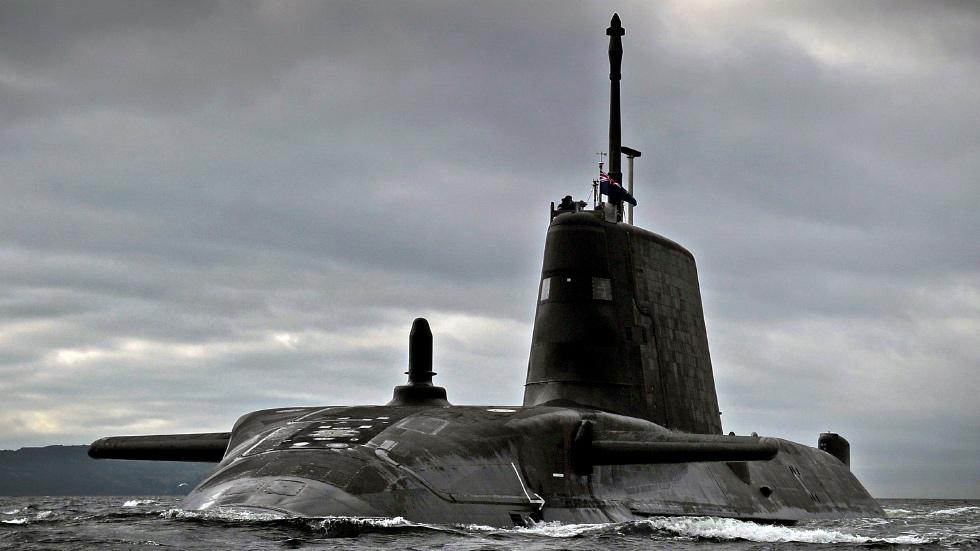
In a world largely inured to shocks, the announcement that Australia, in partnership with the United States and the United Kingdom, would acquire nuclear-powered submarines was a bombshell. We haven’t over-egged this development—it was dramatic. It was made possible because the US and the UK—especially the US—agreed to share one of their most precious packages, the technologies that have made their submarines the quietest in the world for decades.
The US has long made it clear that there were pockets or suites of technologies that it couldn’t share, even with its most important allies, because they gave it a decisive edge and sharing would inescapably increase the risk of their leaking to adversaries. Apart from submarine quietening, these crown jewels include stealth technologies for aircraft and shrinking the size and weight of nuclear warheads.
The remarkable exception being made for Australia, and the cancellation of its submarine contract with France, reverberated through the community of US allies and friends, along with the three partners’ judgement that they could make this happen while protecting their compliance with the Nuclear Non-Proliferation Treaty.
The decision also exposed graphically the extent to which confidence in the stability and peace of the Indo-Pacific region has been eroded.
The fallout from the submarine announcement will continue for some time. We shouldn’t allow this acquisition to dominate our response to worrisome regional developments and trends. Australia is as well placed as anyone to drive a more energetic search for regional arrangements that will allow even a player as large and as singular as China to find a place that neither antagonises nor intimidates. Even so, there’s a dimension of the fallout from this decision for Australia that I think remains underappreciated.
We must imagine what it will feel like to have a fleet of nuclear-powered submarines on deployment in the Pacific and Indian oceans, even a force equipped with only the basic conventional anti-ship and land-attack weapons that these boats typically carry.
Australia will be considered capable of making a decisive contribution to managing a crisis or a conflict up to and including the upper reaches of modern conventional warfare. And we must assume that everybody will be making this judgement—ourselves, our allies and close friends, and our adversaries—and they’ll be seeking to shape our behaviour to their advantage.
There’s also a view that joining the nuclear submarine club could make it harder for Australia to stay out of trouble. This is the strand of thinking that Australia might end up compromising its sovereignty.
A more sober and responsible reaction would be to recognise and prepare for the fact that we will be stepping into a new league. The professionalism with which we operate and maintain this capability, and protect its secrets, will have to be sustained at the highest level.
Even more important is the expectation that we will find it more difficult in a crisis or conflict to wait for the bigger players to take the next step and shape the options of smaller states. If nuclear-powered submarines are a sharp step-up in capability, we need a matching step-up in our intelligence and diplomatic capacities to reassure ourselves as well as others, friend and foe alike, that the managers of this capability will be independent, well informed, prudent and responsible.